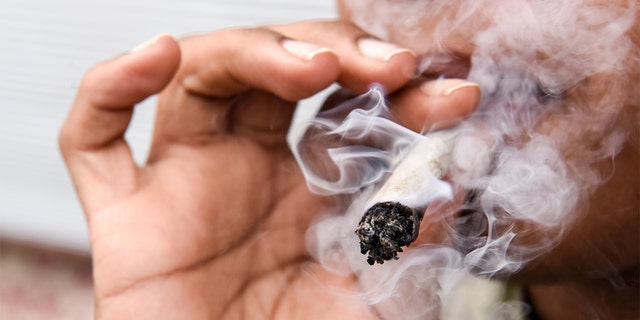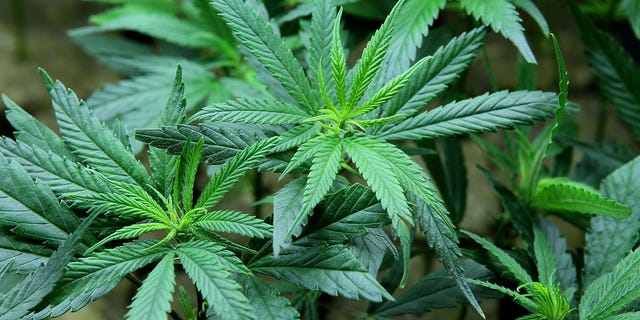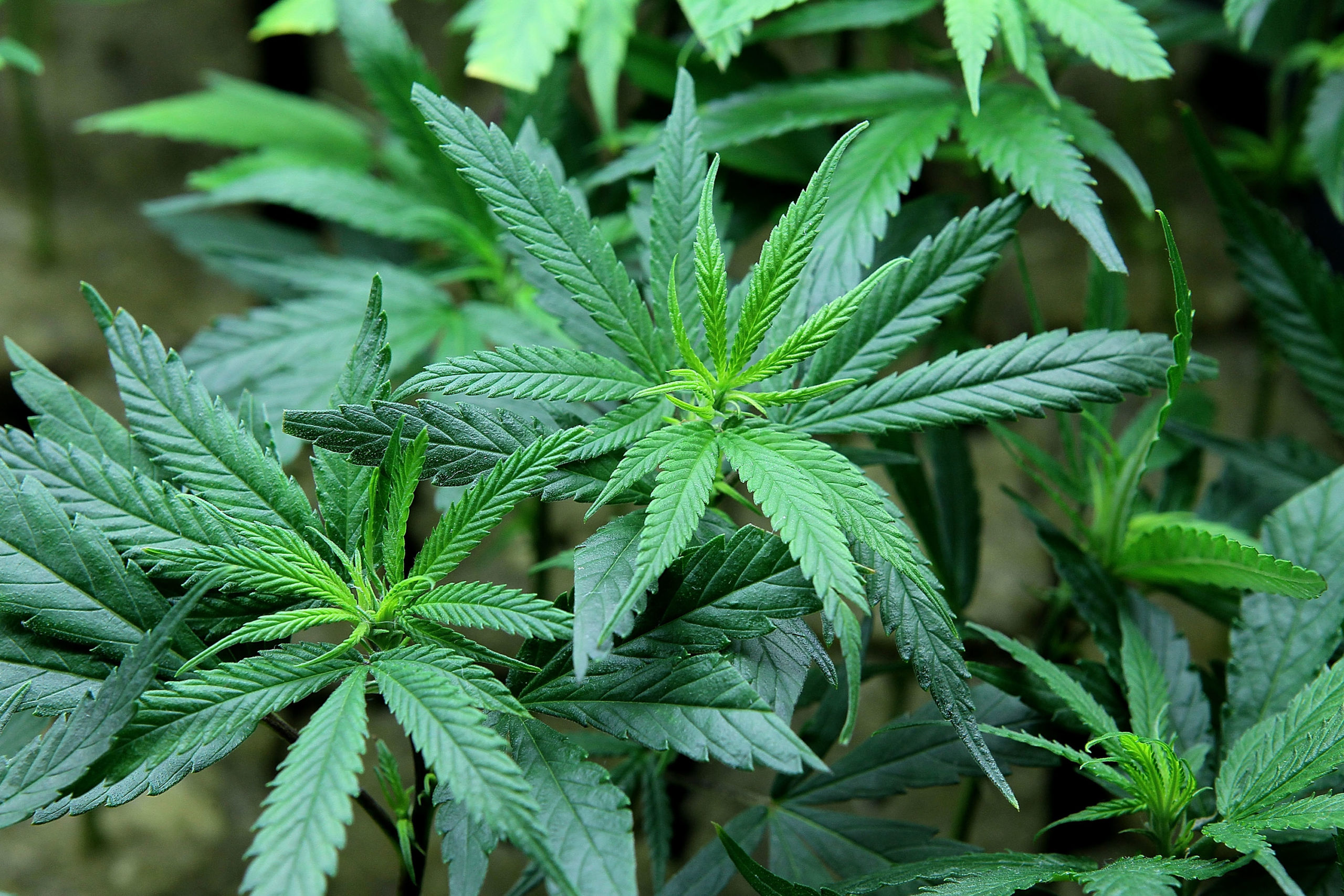NEWYou can now listen to Fox News articles!
People who used cannabis visited emergency rooms or were hospitalized 22% more often than those who did not use cannabis, according to a recent study published in the BMJ Open Respiratory Research.
“Our research demonstrates that cannabis use in the general population is associated with heightened risk of clinically serious negative outcomes, specifically, needing to present to the ED or be admitted to hospital,” said lead author Dr. Nicholas Vozoris, a lung specialist at St. Michael’s and an associate scientist at the hospital’s Li Ka Shing Knowledge Institute.
“Unlike tobacco, there is some uncertainty or controversy regarding the adverse health impacts of cannabis. Some individuals may perceive that cannabis has some health benefits and is otherwise benign. Our research highlights to those using – or considering to use – cannabis, that this [behavior] is associated with important negative health events.”

Cannabis use is associated with “heightened risk of clinically serious negative outcomes.”
(iStock)
The study was led by researchers at Unity Health Toronto and ICES, an independent, non-profit research institute formerly known as the Institute for Clinical Evaluative Sciences in Canada.
AS FDA BANS JUUL VAPE PRODUCTS FROM US MARKET, DOCTORS AND CRITICS WEIGH IN
Serious physical injury and lung reasons were the two leading causes of emergency departments visits and hospitalizations among cannabis users.
“Marijuana – which can also be called cannabis, weed, pot, or dope – refers to the dried flowers, leaves, stems, and seeds of the cannabis plant. The cannabis plant contains more than 100 compounds (or cannabinoids),” the CDC said.
One of these compounds is tetrahydrocannabinol (THC), which is mind-altering, often referred to as a “high,” per the CDC.
The Canadian researchers conducted a retrospective study in Ontario residents aged 12-65 between January 1, 2009, to December 31, 2015, noting Ontario is Canada’s most populous province with approximately 14.7 million people, which is an estimated 40% of national population and also is culturally diverse.

Marijuana refers to the dried flowers, leaves, stems, and seeds of the cannabis plant.
(Photo by Justin Sullivan/Getty Images)
The Canadian researchers first collected data from a survey of individuals who self-reported cannabis use and then linked it with health data from multiple databases.
Those participants who self-reported cannabis use within the past year were matched one of three control groups: people who never reported using cannabis, used cannabis only once or used more than 12 months ago while also adjusting for many confounding variables, including physical and mental health diseases, tobacco alcohol and illicit drug use.
The study’s goal was to see if there was an association between marijuana use and hospitalizations or emergency room visits that were related to lung issues.
The researchers didn’t find a strong association with marijuana use and emergency department visits or hospitalizations specifically related to respiratory issues or death from any cause.
But they did find emergency room visits or hospitalizations for any reason increased by an estimated 22% among those who used marijuana, which suggests marijuana may be associated with adverse health outcomes.
OKLAHOMA MARIJUANA INDUSTRY HAS HIGH EXPECTATIONS TO BECOME ‘WILD WEST OF WEED’
Previous research shows only cannabis smokers who have more than 20 joints per year exposure history have a decline in lung function, so the researchers suggest their results might be explained by users having too little cannabis smoke exposure in the study.
Some study participants also did not smoke cannabis, but instead had non-inhalational type exposure, which would be less likely to cause lung-related illness than inhaled cannabis.
And possible secondhand cannabis smoke exposure among the control participants could have “contaminated” the control group.
“Smoked marijuana, regardless of how it is smoked, can harm lung tissues and cause scarring and damage to small blood vessels,” the CDC said.
Many of same toxins and carcinogens, which are chemicals that cause cancer, in tobacco smoke are also in smoke from marijuana, per the agency.

Marijuana is the most used “federally illegal drug” in America, according to the CDC.
(iStock)
Smoking marijuana can also lead to a greater risk of respiratory issues, like bronchitis and mucus production, but these symptoms generally improve after marijuana smokers quit, per the CDC.
Recreational marijuana is illegal in the U.S. under federal law, but at least 19 states have enacted legislation to allow the drug to be sold, according to The Hill.
It is the most commonly used “federally illegal drug” in the United States, according to the CDC.
Approximately 48.2 million people used it in 2019, per the CDC.
But almost every single state in the country, except for Idaho, Nebraska and Kansas, has legalized some form marijuana for medicinal or recreational purposes, The Hill said.
CLICK HERE TO GET THE FOX NEWS APP
“More research is needed to understand the specific effects marijuana smoking may have on lung cancer and other respiratory diseases like emphysema (lung condition that causes shortness of breath) and chronic obstructive pulmonary disease (COPD),” the CDC said.
“The results of our research support that health care professionals and government should discourage recreational cannabis consumption in the general population. Given the context of cannabis decriminalization in Canada, which has very likely facilitated the broader use of this product in the population, more efforts need to made from our health and political leaders to educate and remind citizens about the harmful impacts of cannabis on health,” Dr. Vozoris said in a press release.




